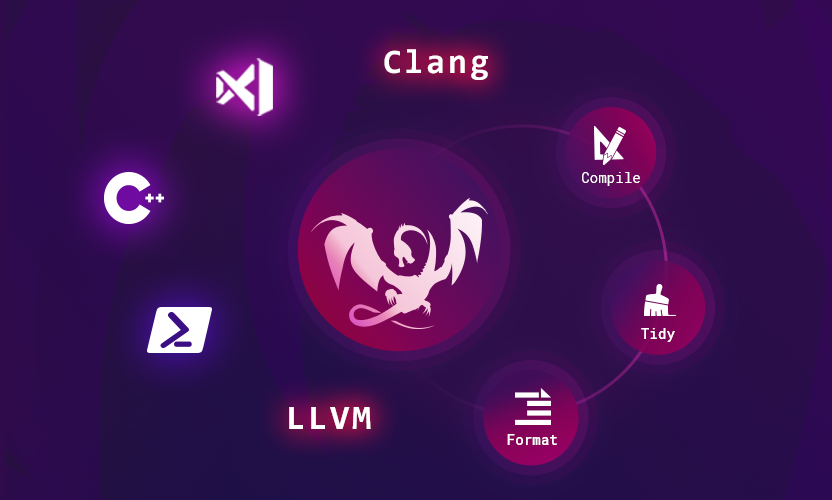My tutorial and take on C++20 coroutines--David Mazières
Detailed and interesting.
My tutorial and take on C++20 coroutines
by David Mazières
From the article:
Over the last 25 years, I’ve written a lot of event-driven code in C++. A typical example of event-driven code is registering a callback that gets invoked every time a socket has data to be read. Once you have read an entire message, possibly after many invocations, you parse the message and invoke another callback from a higher layer of abstraction, and so forth. This kind of code is painful to write because you have to break your code up into a bunch of different functions that, because they are different functions, don’t share local variables...

 Were you using them?
Were you using them?